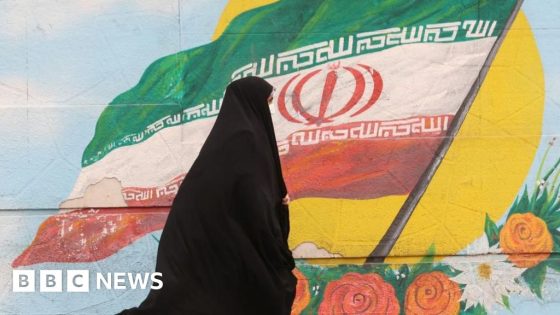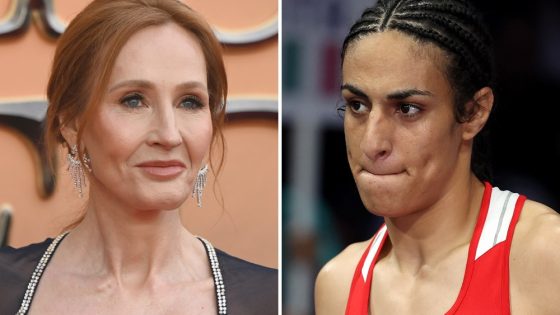Iran’s president-elect Masoud Pezeshkian stood as a wildcard candidate, and defied expectations to win the presidency against hardline rival Saeed Jalili.
Mr Pezeshkian is notable because he is “a reformist”. But not the liberal-minded, democracy-loving kind of reformist, in the universal sense.
In Iran, “the reformists” are one ideological faction of the Islamic Republic’s ruling elite.
They are Islamists, like their conservative rivals, but believe a more moderate version of the regime’s ideology could better serve both the ruling clergy and Iranian society.
Reformists led the administration from 1997 until 2005 and were part of a de facto coalition when Hassan Rouhani, a conservative who became a centrist, was president between 2013 and 2021.
They have often called for a freer and more democratic society.
But in the 2024 election, unlike the previous reformist administration in the late 1990s, promises for a freer and more democratic society were not part of their campaign.
Since the 1990s, Iran has experienced multiple waves of dissent and oppression. Even reformists themselves have faced severe political crackdowns, with many high-profile figures spending time in jail over the last two decades.
Though members of the establishment, It is widely acknowledged that they lack influence over crucial centres of power, such as the Supreme Leader’s Office, the Guardian Council, the Islamic Revolutionary Guards Corps (IRGC), and the Supreme National Security Council.
When hardline former president Ebrahim Raisi was killed in a helicopter crash in May and Mr Pezeshkian prepared his presidential campaign, he chose a strategy very similar to Hassan Rouhani’s in 2013: focusing on the economic hardship the country has been facing for years due to Western sanctions – and blaming their conservative rivals for causing this situation with their “radical” anti-West stances.
As part of his campaign, Mr Pezeshkian recruited Mohammad Javad Zarif, the country’s former foreign minister who helped strike the nuclear deal in 2015. Although Mr Zarif is not a reformist per se, he campaigned heavily for Mr Pezeshkian.
In his manifesto, Mr Pezeshkian declared that his foreign policy would be “not anti-West, nor anti-East.” He criticised former president Raisi’s policies of moving the country closer to Russia and China and insisted that the only way to resolve the economic crisis is through negotiations with the West to end the nuclear standoff and ease the sanctions.
However, during the campaign, Iran’s Supreme Leader, Ayatollah Ali Khamenei, criticised these ideas. Mr Khamenei called those who believe in achieving prosperity through friendlier relations with the US “deluded,” – pointing to the fact that it was the US, not Iran, that withdrew from the nuclear deal.
According to the Iranian constitution, Mr Khamenei is the main decision-maker; an 85-year-old Shia cleric who was a revolutionary in 1979 and climbed the power ladder to become the head of state in 1989. He is known for his ideological animosity towards Israel and the United States, his deep distrust of the West, and in the last two decades, his active support for a doctrine called “look to the East,” which means ending the old non-aligned policy and leaning towards China and Russia on the global stage.
One of the most important aspects of Iran’s policies in the region is what the Quds Force (the external arm of the IRGC) does. The president does not have any direct control over them, and only the Supreme Leader can decide their actions.
Mr Khamenei repeatedly – including just three days before the first round of this election – stated that what the Quds Force does is essential for the country’s security doctrine.
So when Mr Pezeshkian talks about a different foreign policy with a friendlier approach to the West, the chance of changes in Iran’s activities in countries such as Lebanon, Syria, and Yemen are slim.
Nevertheless, the president is the highest-ranking Iranian diplomat, and the foreign ministry can still help shape and implement policy.
They have the opportunity to push for their vision through behind-the-door political lobbying, as happened in 2015 when then-centrist President Hassan Rouhani convinced the hardliners, including Mr Khamenei himself, to accept the deal.
Moreover, the administration could significantly impact public discourse and promote policies that might not fully align with Mr Khamenei’s stance. Such nuances are the reformists’ only hope to do what they promised and bring down what Mr Pezeshkian called the “walls that have been built around the country by the hardliners.”
Source Agencies



